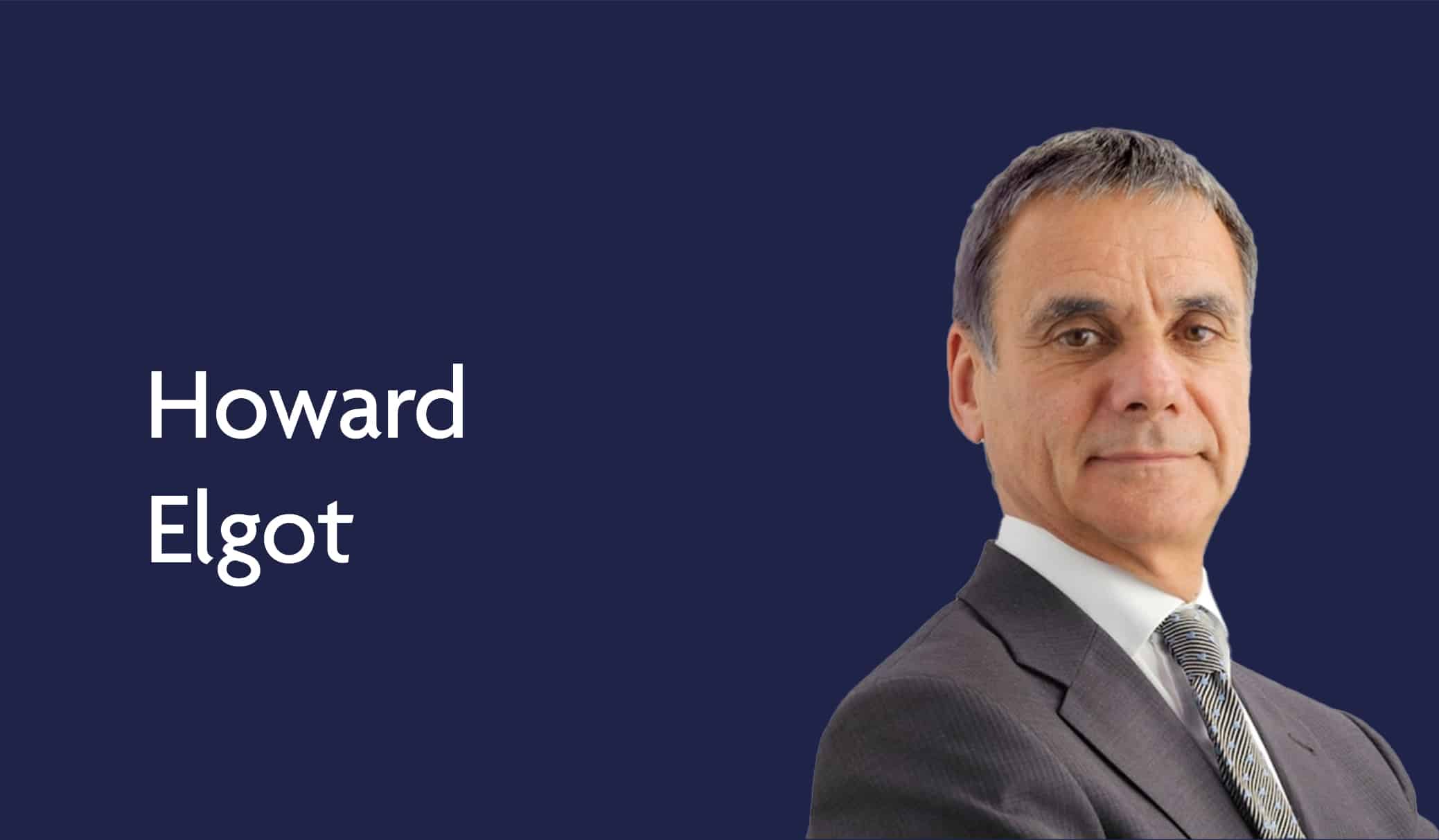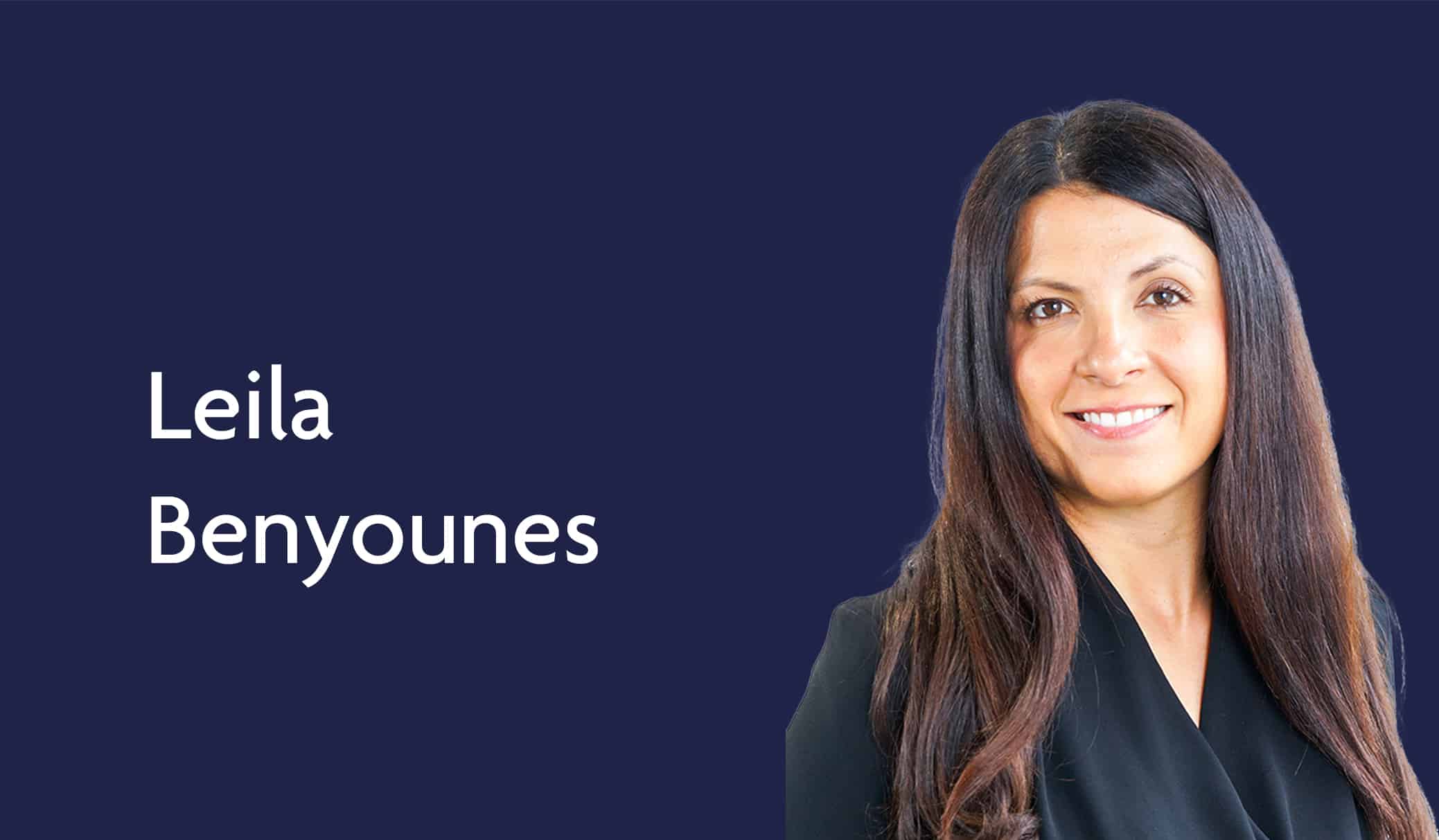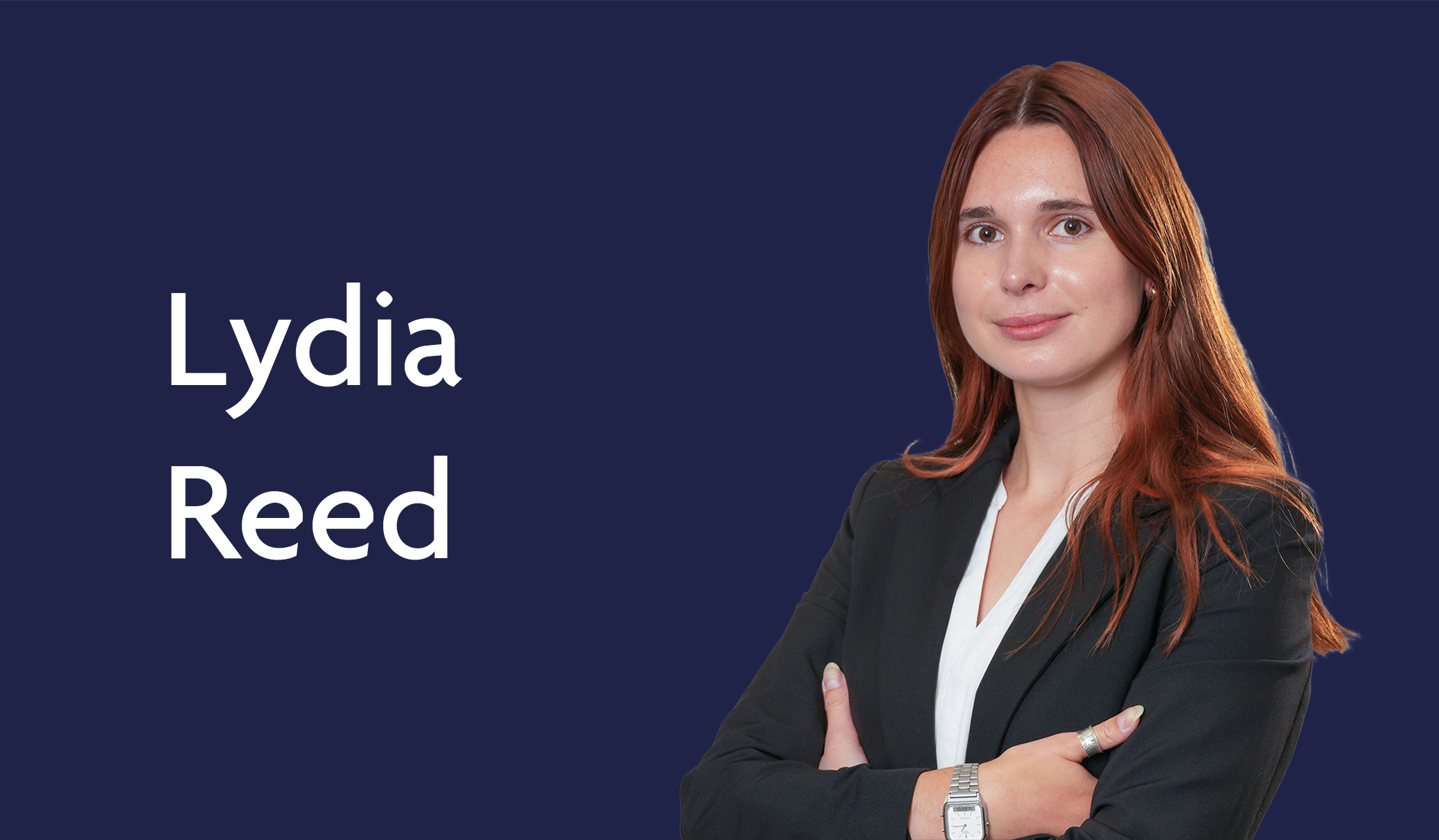Howard Elgot Settles Fatal Post-Natal Sepsis Claim against County Durham and Darlington NHS Foundation Trust, Dr James Carlton and NEAS

The Names of the Claimants and Dependent Children were Anonymised at the Approval by the High Court on 17th February 2025
Anonymity
The Court of Appeal is to hear the appeal in PMC v A Local Health Authority next week. In the meantime on 17th February 2025 HH Judge Siddique, sitting as a Judge of the High Court, ordered that the Claimants and child Dependants be anonymised in standard form with the court to review the order on the first CMC to deal with quantum, on the first open date at 1st October 2025. This was a very satisfactory outcome for the family, given the current uncertainties.
The Claim
A mother of three children gave birth to the fourth child at the Darlington Memorial Hospital on 31st March 2019. She was discharged the same day. She suffered a Group A Streptococcal puerperal infection which commenced during labour or shortly thereafter. She died of her infection on the morning of 3rd April 2019.
There were claims against the community midwife who visited the mother on the morning following the birth, the mother’s GP who prescribed codeine for her without speaking to her or her partner, the ambulance personnel who attended the mother in the early hours of the following morning, and against the doctors at the Darlington Memorial Hospital where she re-attended after having been brought there by ambulance.
The claims were listed for a 12 day trial on liability only in the High Court from 17th February 2025.
There were considerable difficulties to overcome. First HSIB had carried out a detailed independent investigation into the circumstances of the mother’s death. Although criticism was levelled at the ambulance service and the hospital, no criticism was levelled at the community midwife or the GP. Furthermore the authors of the HSIB report were somewhat sceptical as to whether the mother could have been saved absent delays by the ambulance service or at the hospital.
An inquest into the death of the mother was held at which the Coroner was critical of the doctors at the hospital, but not of the ambulance service, the community midwife or the GP. The Coroner called expert evidence on causation which strongly supported the argument that by the time the ambulance arrived at the mother’s house it was too late to save her, whatever treatment she was given.
We felt that the claim against the community midwife was the strongest. Although she had a checklist to complete which included “state of the uterus,” she did not palpate the uterus at all, instead writing “afterpains N/P”, N/P being her abbreviation for not palpated.
Working back from the tragic outcome, the consultants in infectious diseases agreed in their joint report that had the midwife palpated the mother’s uterus she would have elicited lower abdominal and specifically uterine tenderness in excess of postpartum tenderness, and atypical for afterpains.
Nevertheless the Defendants’ expert midwife pointed to the NICE Guidance then extant that “in the absence of abnormal vaginal loss, assessment of the uterus by abdominal palpation or measurement as a routine observation is unnecessary.” The mother did not suffer any abnormal vaginal loss.
The claim against the GP turned upon whether he should have spoken to the mother before prescribing codeine. The codeine was requested by the mother’s partner to the GP’s receptionist. We noted that there are no GMC, NICE, Royal College or defence union references or guidelines relating to the prescription of drugs at the request of a lay third party. The Defendants argued that whilst guidelines suggest the need to always have direct contact with the patient before prescribing, it is the case that due to the realities of day to day practice this is not always possible in NHS primary care.
By the time of the JSM it was clear that even 30 minutes of delay by the ambulance service personnel would be unlikely to affect the decision on causation that the court would have to make. As a term of the settlement we discontinued against NEAS, although NEAS agreed to be jointly and severally liable for the Claimants’ costs.
Negligence at the hospital was admitted. The HSIB report was scathing, and the doctors from the hospital at the Inquest were profoundly apologetic. In particular when we questioned Dr Arasappan, Consultant in Emergency Medicine, at the Inquest, he stated that he would have given antibiotics by 04.45.
The important question was, in effect, when would antibiotics and other appropriate measures have saved the mother?
Following the joint statements the position was as follows:-
Prof Lever, Consultant in Infectious Diseases 06.15
Dr Short, Consultant Intensivist 06.00
Dr Greenstone, Consultant in Infectious Diseases 01.00 – 03.00
Dr McCrirrick, Consultant Intensivist early the previous evening
At the end of the day we felt that a settlement for 77.5% of the full value of the claim was the best that we were going to do without going through a 12 day trial, the result of which was likely to be positive, but certainly not guaranteed.













